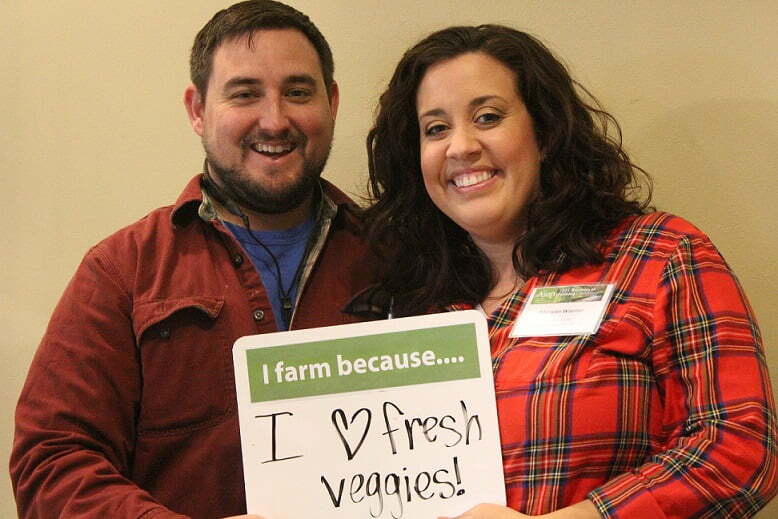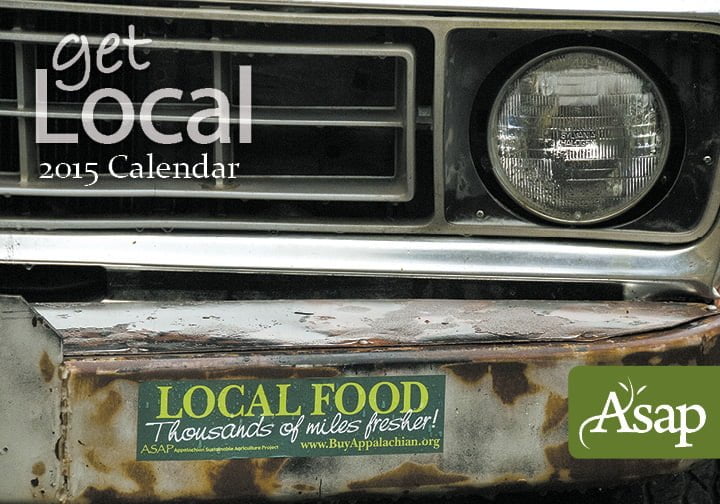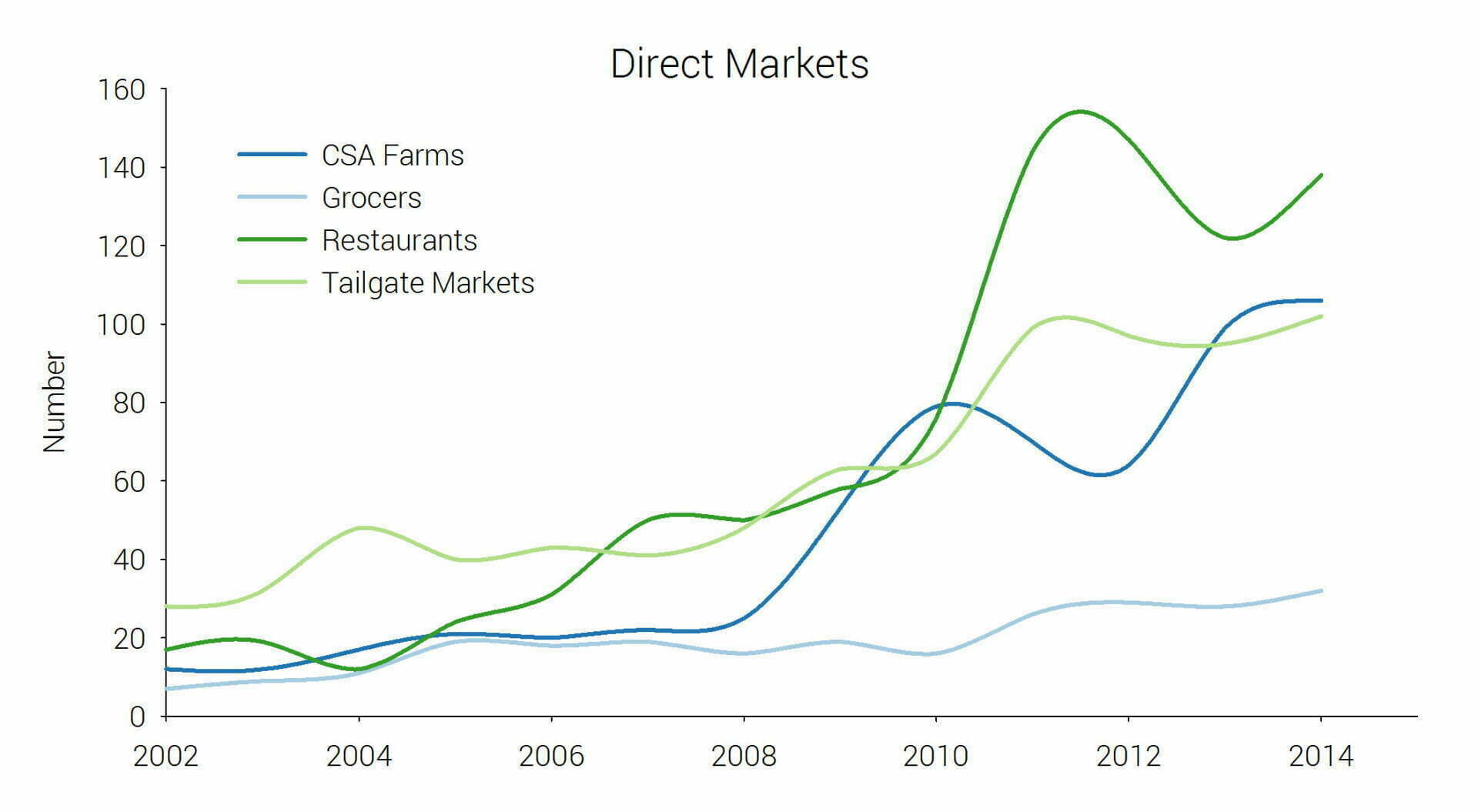 From the very beginning, ASAP (Appalachian Sustainable Agriculture Project) has undertaken its work from the perspective that building local food systems should be a democratic, grassroots process where engaged citizens actively create the food system that best serves everyone in the community. While the infrastructure of food production, processing, delivery, preparation, sale, consumption, and disposal are all important components of the food system, what is most important are the people that make each of these processes possible. It is only when a community comes together and acts that change can be made. ASAP works to foster an environment supportive of engagement across the various components of our food systems.
From the very beginning, ASAP (Appalachian Sustainable Agriculture Project) has undertaken its work from the perspective that building local food systems should be a democratic, grassroots process where engaged citizens actively create the food system that best serves everyone in the community. While the infrastructure of food production, processing, delivery, preparation, sale, consumption, and disposal are all important components of the food system, what is most important are the people that make each of these processes possible. It is only when a community comes together and acts that change can be made. ASAP works to foster an environment supportive of engagement across the various components of our food systems.
For over a decade, ASAP has worked to make connections among and between local farmers, agricultural professionals, grocers, tailgate markets, chefs, schools, universities, food distributors, community residents, and policy makers. By hosting events and workshops—like the annual Business of Farming Conference, the annual Farm Tour, and the annual CSA Fair—ASAP helps to support educational opportunities that allow the public to engage with their local food system and learn about how it works and how we all contribute.

ASAP’s work to connect residents to the sources of their food began in 2002, with the very first printing of what is now an annual Local Food Guide. By 2015, over a million copies of the guide will have been distributed to those eager to connect with local farms and businesses serving local food. In 2007, ASAP created the Appalachian GrownTM local food certification to help community members and food businesses identify authentic local farm product in the marketplace. As a strategic tool, Appalachian Grown creates and promotes strong brand identification through marketing and promotional materials, verifies the authenticity of locally grown food through farm certification, and builds connections between farmers, suppliers, and consumers that supports the long-term economic stability of agriculture in our region. This branding campaign, along with the educational activities, has resulted in an increased public awareness of local food and local farms, and has helped to bring food system issues to the forefront of public discussions.

